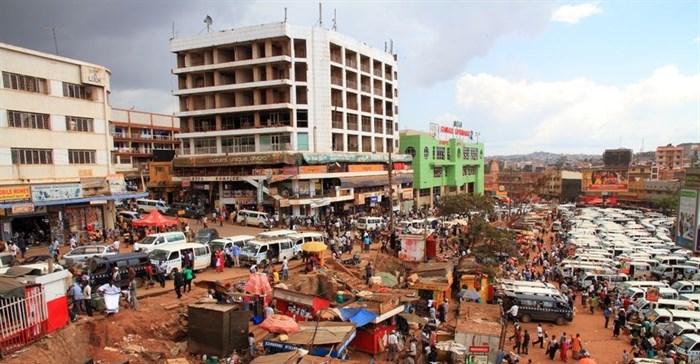In a city such as London, commuters who travel for an hour to get to work pass 2.5-million jobs on the way, some of which would match their skills - so those who lose a job have much opportunity to find another.
In an African city such as Nairobi, most of those commuting for an hour would be walking to work, in which case they would pass only 10% of the city's jobs, while those lucky enough to be riding one of the city's taxis would pass only 20% of its jobs.
The contrast reflects how fragmented and disconnected Africa's cities are, according to a study by the World Bank of the concentration of jobs and housing across 64 cities on the continent, including in SA.
The study finds that while African cities are crowded with people, they are not dense with investment, said World Bank lead economist Somik Lall.
Because they are disconnected they are costly. The bank's economists found Africa's cities are among the costliest in the world for businesses and households. African cities are 29% more expensive than cities in countries with similar income levels. African households face costs relative to their per capita GDP that are 55% higher than in other regions, with city dwellers paying about 35% more for food in Africa than in other low-income and middleincome countries and forced to pay high commuting costs - if public transport is available.
That tends to make African cities relatively uncompetitive and less attractive to foreign investors than cities in Southeast Asia, for example.
The bank urges better urban planning and land use, as well as higher and more efficient investment in the infrastructure of cities.
The study ties in with concerns that SA's cities have a spatial architecture going back to apartheid that raises the cost of living for working people. This increases what economists call the "social wage" that people need to be paid if they are to get out of poverty and that makes cities uncompetitive.
Lall said one of the most striking things about SA was how much progress it had made in overcoming the geography of the apartheid state, with much more integration of where people live than under apartheid.
However, SA's urban development had remained fragmented and the bank is collaborating with the Treasury on a detailed three-year review of urbanisation.
"We want to help South African policy makers rethink the urban spatial economy, as part of the intergovernmental drive to ensure that cities can be an engine for economic growth in SA," Lall said.
The study noted that Africa was urbanising at income levels much lower than those of many other developing countries, so that there were fewer resources available for public investment - East Asian countries could invest 40% of GDP in infrastructure while in Africa the ratio is only about 20%. This meant African cities had to use every dollar of investment in infrastructure more efficiently, Lall said.
Source: Business Day





























